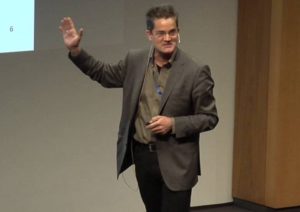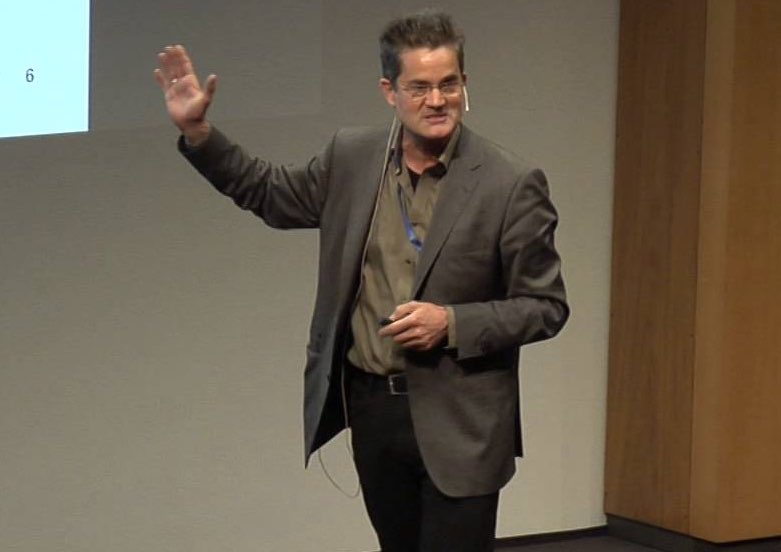
Thomas Schulthess, Director of the Swiss National Supercomputing Centre
In this video from SC16, Thomas Schulthess from CSCS presents: Reflecting on the Goal and Baseline for Exascale Computing.
“Application performance is given much emphasis in discussions of Exascale computing. A 100-fold increase in sustained performance over today’s applications running on multi-petaflops supercomputing platforms should be the expected target for Exascale systems deployed early next decade. In this talk we will reflect on what this means in practice and how much these Exascale systems will advance the state of the art. Experience with today’s platforms show that there can be an order of magnitude difference in performance within a given class of numerical methods – depending only on choice of architecture and implementation. This bears the questions on what our baseline is, over which the performance improvements of Exascale systems will be measured. Furthermore, how close will these Exascale systems bring us to deliver on application goals, such as kilometer scale global climate simulations or high-throughput quantum simulations for materials design? We will discuss specific examples from meteorology and materials science.”
Dr. Thomas Schulthess received his PhD in physics in 1994 from ETH Zurich. After a postdoctoral fellowship at Lawrence Livermore National Laboratory, he moved to Oak Ridge National Laboratory (ORNL) in 1997.
In 2002 he became group leader of the Computational Materials Sciences Group in ORNL’s Computer Science and Mathematics Division, and in 2005 was appointed to lead the Nanomaterials Theory Institute of ORNL’s Center for Nanophase Materials Sciences.
Since October 2008, Dr. Schulthess holds a chair in Computational Physics at ETH Zurich and directs the Swiss National Supercomputing Center (aka CSCS) in Lugano. He currently holds a visiting distinguished scientist appointment at ORNL. His research interests are in condensed matter physics as well as the development of high-end computing systems for simulation-based sciences.
He led the teams that were awarded the 2008 and 2009 ACM Gordon Bell Prizes, and that ran the first productive simulations with sustained petaflop/s performance.




